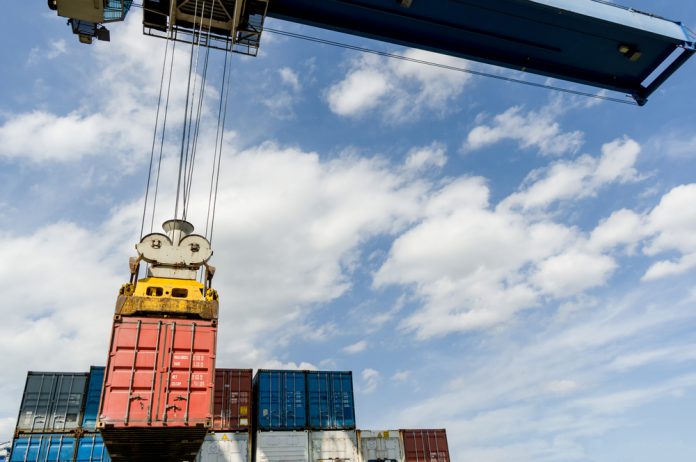China’s exports slumped more than expected in December after a lack of global demand affected sales, increasing uncertainty for the country as it prepares for potential trade frictions with the US.
2016 exports fell by 7.7 percent, according to data released on Friday, whilst imports fell by 5.5 percent – the worst fall since the global crisis in 2009.
“External demand remains sluggish,” said Wen Bin, researcher from China Minsheng Banking Corp.
“The outlook for exports this year doesn’t look very promising,” he said, referring to the slowing global trade amid rising protectionism and uncertainties in US trade policy.
Friction with the US is likely to increase as Donald Trump takes presidency on January 20th, and Chinese leaders await to hear wither he will declare whether to pledge to brand Beijing a currency manipulator or follow up on his threat to place high tariffs on Chinese goods.
“Our worry is that Trump’s stance towards China’s trade could bring about long-term structural weakness in China’s exports,” economists at ANZ said.
“Trump’s trade policy will likely motivate U.S. businesses to move their manufacturing facilities away from China, although the latter’s efforts in promoting high-end manufacturing may offset part of the loss.”
In this changing political landscape, the future of China’s trade seems uncertain.
“Brexit, elections in major European countries, the new president in the U.S. and the election in South Korea will all bring uncertainties to the current policies, and may add to the global protectionism trend.” said Huang Songping, a customs spokesman at a briefing in Beijing.
China reported a surplus of $40.82 billion for December, versus a higher surplus of $44.61 billion in November.
“It is hard to see what could drive a more substantial recovery in Chinese trade,” Julian Evans-Pritchard, a China Economist at Capital Economics, wrote on Friday.

